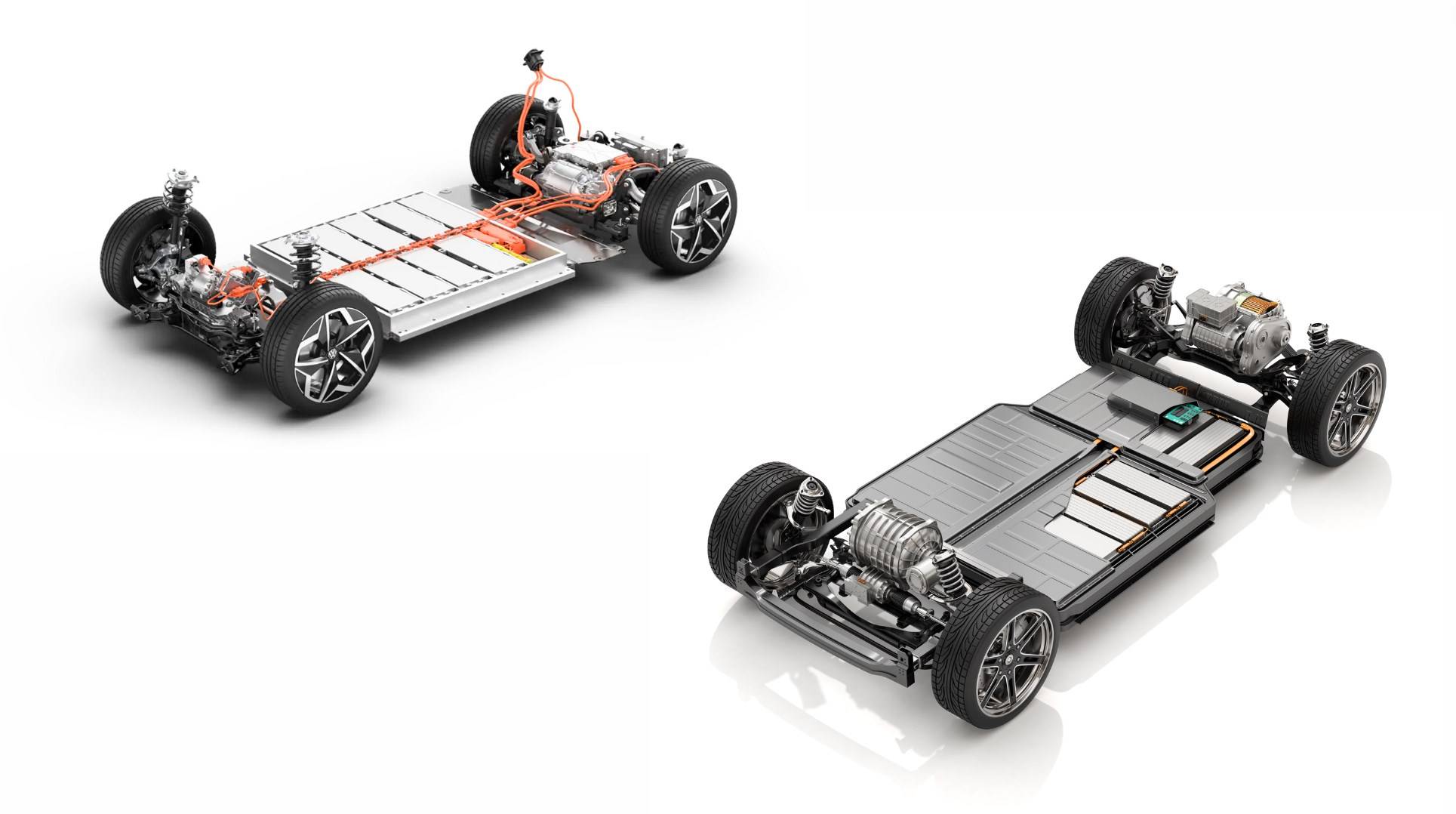Understanding the different types of electric vehicle (EV) batteries is crucial for making informed decisions about which technology best suits your needs. Each battery type has unique characteristics, advantages, and disadvantages that impact performance, cost, and environmental considerations.
What are the main types of EV batteries used today?
The most common types of EV batteries include lithium-ion (Li-ion), nickel-metal hydride (NiMH), and solid-state batteries. Lithium-ion batteries dominate the market due to their high energy density and efficiency, while NiMH batteries are often used in hybrid vehicles. Solid-state batteries are emerging as a promising technology with potential safety and performance advantages.Chart: Overview of Common EV Battery Types
| Battery Type | Composition | Energy Density | Lifespan |
|---|---|---|---|
| Lithium-Ion | Lithium cobalt oxide or NMC | High (150-250 Wh/kg) | 8-15 years |
| Nickel-Metal Hydride | Nickel hydroxide and metal alloy | Moderate (60-120 Wh/kg) | 5-10 years |
| Solid-State | Solid electrolyte | Very High (300+ Wh/kg) | 10+ years |
How does lithium-ion technology work in electric vehicles?
Lithium-ion technology operates by moving lithium ions between an anode (typically graphite) and a cathode (often lithium cobalt oxide or nickel manganese cobalt). During charging, lithium ions move from the cathode to the anode, storing energy. When discharging, they flow back to the cathode, releasing energy to power the vehicle.
What are the advantages and disadvantages of each battery type?
Each battery type has distinct pros and cons:
- Lithium-Ion: High energy density, lightweight, longer lifespan; however, they can be expensive and sensitive to temperature extremes.
- Nickel-Metal Hydride: More robust than Li-ion; less energy density and shorter lifespan but lower cost.
- Solid-State: Higher safety and energy density; currently more expensive and less mature in production.
Chart: Advantages and Disadvantages of Battery Types
| Battery Type | Advantages | Disadvantages |
|---|---|---|
| Lithium-Ion | High energy density, long cycle life | Costly, temperature sensitive |
| Nickel-Metal Hydride | Durable, lower cost | Lower energy density, shorter lifespan |
| Solid-State | Higher safety, potential for greater efficiency | Expensive, limited availability |
Which battery type is considered best for electric vehicles?
Lithium-ion batteries are generally considered the best option for most electric vehicles due to their balance of weight, energy density, cost-effectiveness, and established manufacturing processes. However, solid-state batteries hold promise for future applications due to their potential for higher energy densities and improved safety.
What is the lifecycle and recycling process for EV batteries?
The lifecycle of an EV battery typically spans several years, with most lithium-ion batteries lasting between 8 to 15 years depending on usage patterns. At end-of-life, these batteries can be recycled through specialized processes that recover valuable materials like lithium, cobalt, and nickel while minimizing environmental impact.Chart: Lifecycle Stages of an EV Battery
| Stage | Description |
|---|---|
| Manufacturing | Production using raw materials |
| Usage | Active service in electric vehicles |
| End-of-Life | Collection for recycling or disposal |
| Recycling | Recovery of materials for reuse |
How do battery chemistries impact performance and safety?
Battery chemistry significantly influences performance characteristics such as energy density, charge/discharge rates, lifespan, and thermal stability. Lithium-ion chemistries offer high energy densities but can pose thermal runaway risks if not properly managed. In contrast, NiMH batteries have better thermal stability but lower energy density.
What future trends are emerging in electric vehicle battery technology?
Future trends include advancements in solid-state battery technology that promise higher safety levels and energy densities. Additionally, research into alternative chemistries like sodium-ion may provide more sustainable options as demand for electric vehicles grows. Enhanced recycling methods will also play a crucial role in sustainability efforts within the industry.
Buy Wholesale Battery Tips
When considering wholesale purchases of lithium-ion batteries or OEM orders, partnering with a reputable manufacturer like Redway Battery is essential. Their extensive experience ensures high-quality products that comply with international standards. The typical process includes:
- Submitting an inquiry detailing your requirements.
- Collaborating with engineers to finalize specifications.
- Approving samples before mass production.
- Receiving timely shipments upon order confirmation.
Choosing a trusted manufacturer guarantees reliable products that enhance your business offerings.
Industrial News
Recent developments highlight a surge in investment towards advanced battery technologies as automakers strive to meet increasing demand for electric vehicles. Innovations in solid-state technology are gaining traction as manufacturers seek safer alternatives with higher capacities while addressing environmental concerns associated with traditional lithium-ion production.
Redway Expert Views
Understanding the various types of EV batteries is crucial for consumers looking to make informed choices,” states an expert from Redway Power. “As technology evolves, we expect significant improvements in both performance and sustainability across all battery types.”
FAQ Section
- What is the most common type of battery used in electric vehicles?
Lithium-ion batteries are currently the most common type used due to their high efficiency and energy density. - How long do electric vehicle batteries typically last?
Most lithium-ion EV batteries last between 8 to 15 years, depending on usage conditions. - What happens to old EV batteries?
Old EV batteries can be recycled to recover valuable materials or disposed of according to local regulations regarding hazardous waste. - Are solid-state batteries better than lithium-ion?
Solid-state batteries offer higher energy density and improved safety but are currently more expensive and less widely available than lithium-ion options. - Can I replace my old EV battery with a different type?
It’s recommended to use compatible replacement options specified by your vehicle manufacturer to ensure safety and performance.



